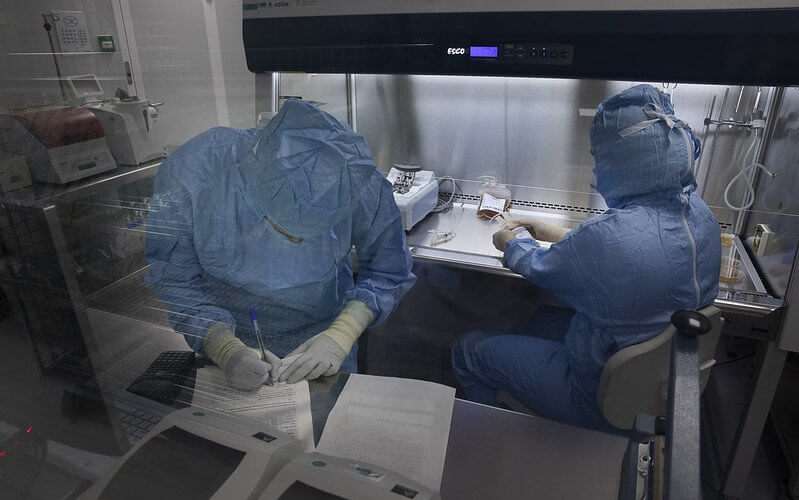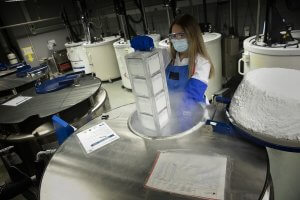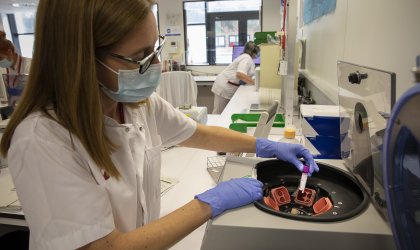They lay the framework for the creation of a common European model that brings together the centers of advanced therapies

- Six Blood and Cell Processing non-profit centres leading the development and manufacturing of advanced therapies in Europe are driving the establishment of an European public network with a common model for improved patient access to innovative medicine
- Cytotherapy, the journal of reference in the field of cell therapy and transplantation, has published an article outlining the ethical and regulatory foundations for creating the new network of centres
- The Blood and Tissue Bank of Catalonia is leading this effort along with six major European blood, tissue, and cell processing establishments (BTCs) from Finland, Ireland, the Netherlands, Belgium, and France
- Advanced therapies are a category of innovative medicines created from human body cells (either from the patient themselves or a compatible donor) offering hope to patients who previously lacked suitable treatments
- These new medicines, such as cancer immunotherapy or tissue regeneration, are revolutionizing current medicine
Medicines based on cells, genes, and tissues are revolutionizing medicine with effective applications and a hopeful future in many areas, especially in the treatment of diseases that previously lacked efficient therapeutic solutions, such as some haematological cancers or immune system disorders.

Leading European non-profit Blood, Tissue, and Cell Processing Organizations (BTCs) have laid the foundation for the creation of a joint European management model that is ethically responsible and ensures social commitment and public access to these new type of medicines generated from human cells and tissues.
This is highlighted in an article published today in the official journal of the International Society for Cell and Gene Therapy, Cytotherapy, led by author from the Blood and Tissue Bank of Catalonia (Spain), which emphasizes the values and goals of these public organizations that drive research and the development of advanced therapy medicinal products while complying with strict safety, quality, and regulatory requirements.
The study underscores the need to establish a network that brings together advanced therapy centres, allowing for the growth of manufacturing capabilities of these new medicines. It should also serve as a catalyst for coordination and collaboration with national healthcare systems, the biopharmaceutical industry, research groups, clinics, process technologists, and regulatory bodies, among others.
In this article, the BTCs from Finland, Ireland, the Netherlands, Belgium, France, and Spain outline the benefits of creating a unified framework for development, taking into account the manufacturing and quality control testing of Advanced Therapy Medicinal Products in non-industrial settings, with the ultimate goal of streamlining the costly drug acquisition process and facilitating patient access.
This initiative is inspired by the current model of the European Blood Alliance (EBA), a non-profit association of blood banks established in 1998, which currently includes 26 member states from across the European Union and European Free Trade Association (EFTA).



